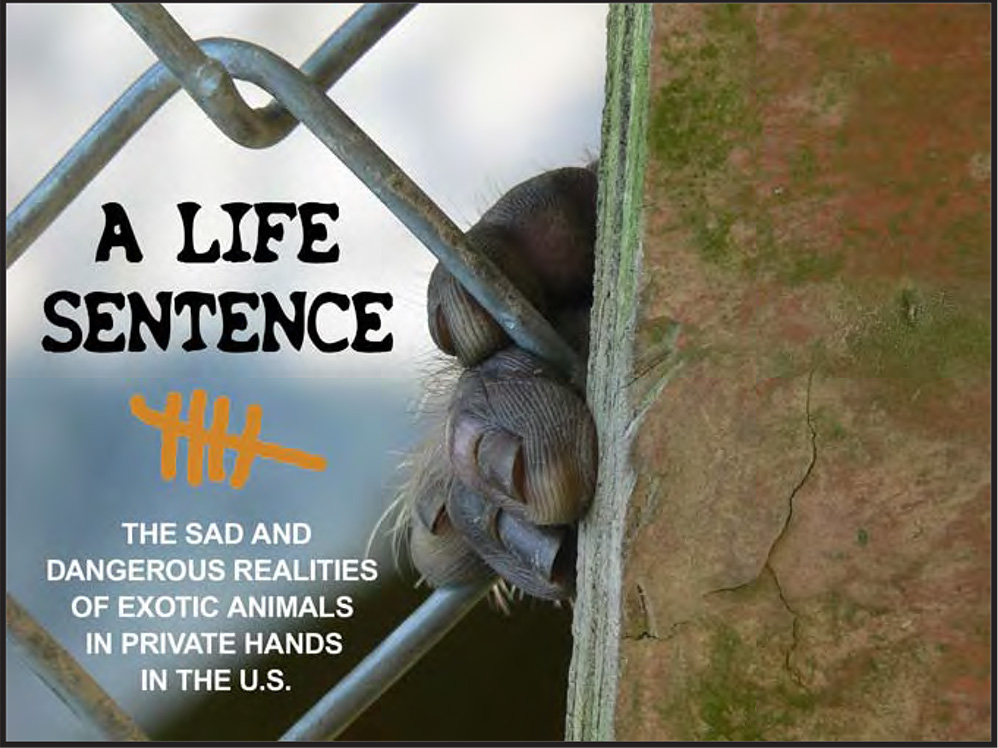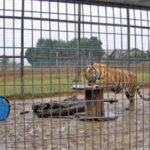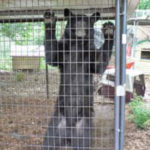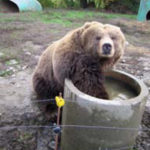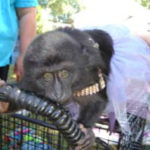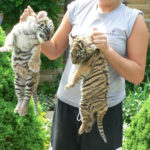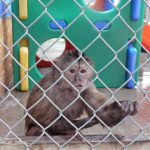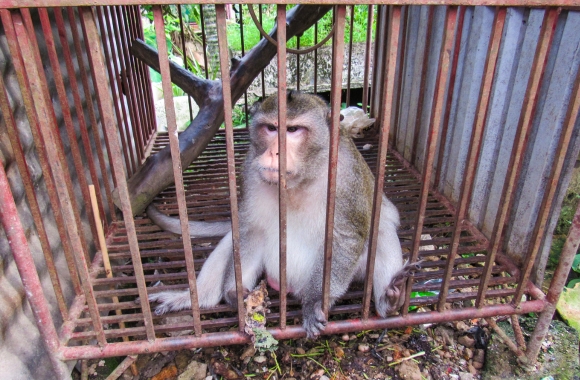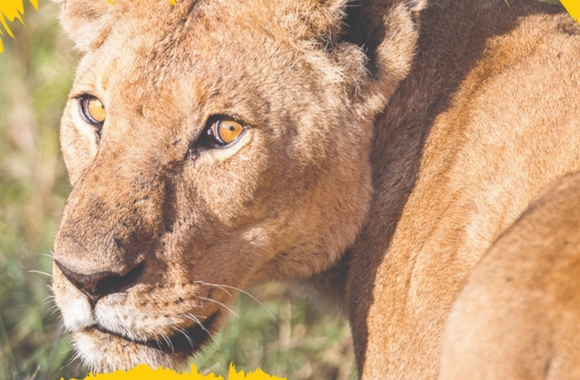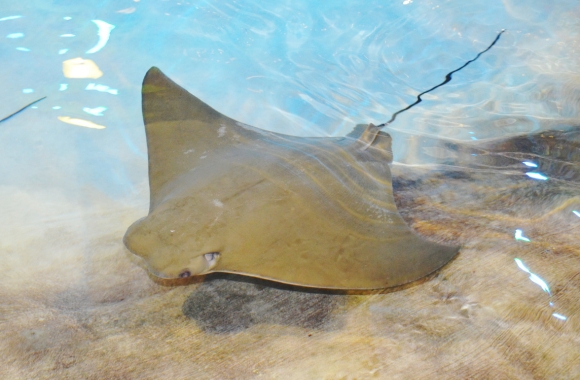Main Findings
Dangerous Public Contact.
Animals were offered for “close encounters,” in which the public could have direct contact with dangerous animals either by direct handling or through ineffective barriers.
Child Endangerment.
Children were placed at risk of attacks and injuries from dangerous exotic animals in private homes and at facilities open to the public.
Reckless Behavior.
Owners placed the public and themselves at risk through irresponsible behavior with dangerous animals.
Animal Attacks.
There were reports of attacks and injuries inflicted by exotic animals on owners and others.
Poor Conditions.
Animals were kept in inadequate conditions, including in pens that were too small, lacked adequate shelter from the elements, and that failed to allow animals to express normal, species-specific behaviors.
Lack of Enrichment.
Pens were barren or lacked appropriate structures and furnishings and did little, if anything, to provide a natural environment for the animals, resulting in dysfunctional and stereotypical behaviors.
Lack of Companionship.
Animals were housed in solitary confinement, denied contact with others of their kind.
Cruel and Inappropriate Treatment.
Animals were handled roughly and inappropriately; animals had teeth and claws surgically removed; nonhuman primates were treated like human children; animals were left to roam inside houses.
Overbreeding.
Animals of certain species were continuously bred to provide a constant supply of young animals as attractions and for photo opportunities.
